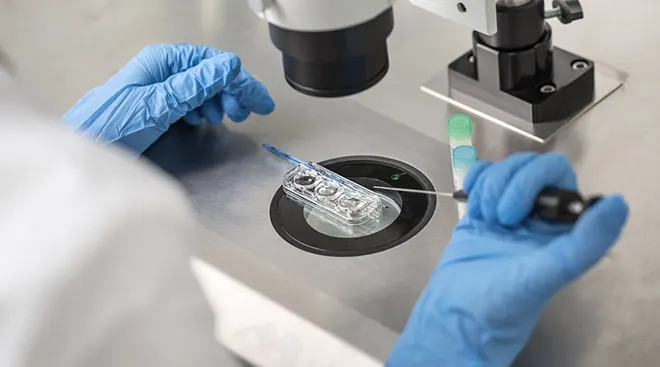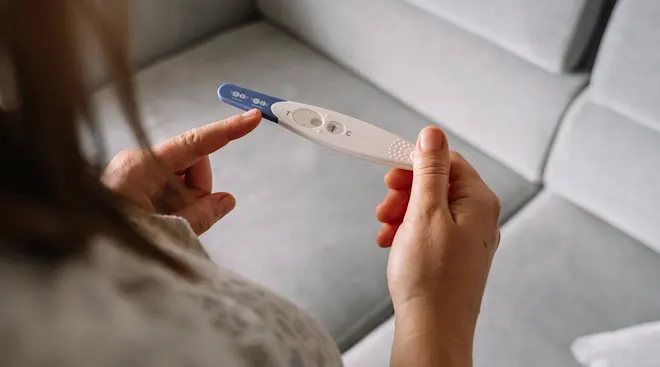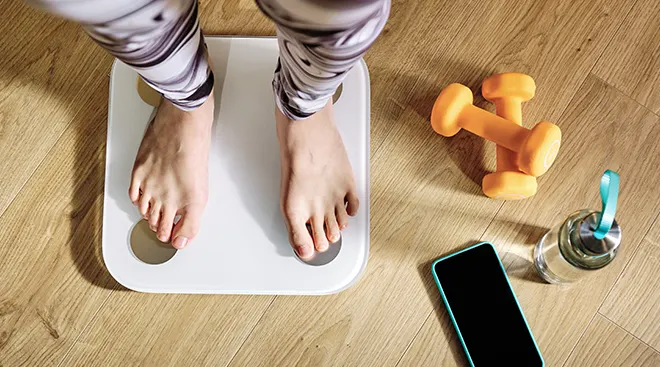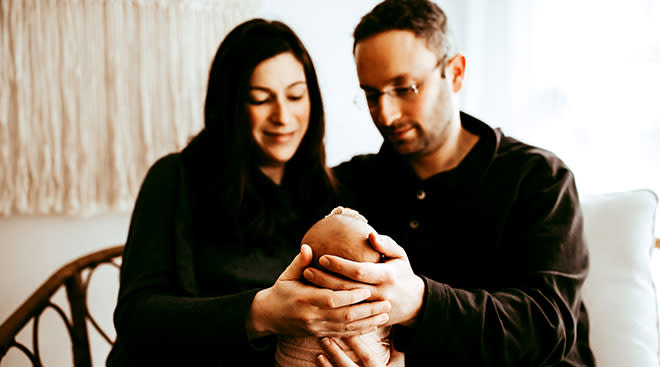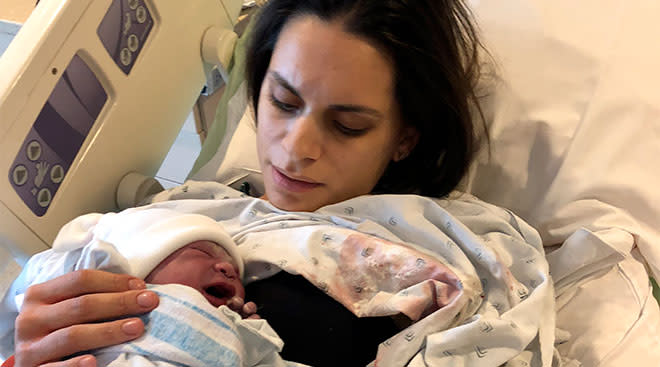Chlamydia Vaccine Trial Shows Success—What It Means for Infertility and High Risk Pregnancies
A first-of-its kind vaccine that could prevent people from getting the sexually transmitted infection (STI) chlamydia was shown to be safe during a trial on 35 women. Now that researchers have tested it for safety, it’s been approved for a human trial to determine its effectiveness at preventing the STI, according to the journal The Lancet Infectious Diseases.
STIs have been on the rise in recent years. According to the World Health Organization (WHO)’s June 2019 report, there are more than 376 million new cases annually of four infections: chlamydia, gonorrhoea, trichomoniasis, and syphilis. “These STIs have a profound impact on the health of adults and children worldwide. If untreated, they can lead to serious and chronic health effects that include neurological and cardiovascular disease, infertility, ectopic pregnancy, stillbirths and increased risk of HIV in women,” the report reads.
Not many people like to talk about sexually transmitted diseases or infections, but it’s important to be open about all health issues with your doctor to ensure that baby is healthy. Keep in mind that women generally have no symptoms, so it’s a good idea to be tested just in case. In addition to potentially being the cause of infertility, there are several health risks associated with chlamydia during pregnancy. All pregnant women should be screened for chlamydia in the first trimester. Untreated chlamydia can cause preterm labor. It can also be passed on to your baby at birth and cause an eye infection or pneumonia. Not to mention, it’s also really harmful for an expectant woman, and may even cause an ectopic pregnancy, a serious medical condition that can actually threaten a woman’s life. Successfully treating chlamydia now increases the chances of another healthy pregnancy in the future.
Which is why the approval of a vaccine to prevent chlamydia would be groundbreaking. Currently, vaccines are only available for the STIs HPV, hepatitis A, and hepatitis B, according to the American Sexual Health Association. If the vaccine passes clinical trials, it would potentially work much like other injectable vaccines, and would require three rounds of the shot. The researchers also used a nasal spray to see if it would “boost” the immune response patients had, but found it unsuccessful. It’s unclear if the nasal spray will be tested moving forward. It’s also worth mentioning that researchers on the vaccine noticed the injection had some mild side effects, such as numbness or immobility for a few days in the area where the shot was administered.
If the upcoming trial proves to be effective, we’ll likely still have a while before the vaccine is available to consumers. Typically, vaccines may be in development for 10 or even 20 years, according to a CNN report.
Please note: The Bump and the materials and information it contains are not intended to, and do not constitute, medical or other health advice or diagnosis and should not be used as such. You should always consult with a qualified physician or health professional about your specific circumstances.
Navigate forward to interact with the calendar and select a date. Press the question mark key to get the keyboard shortcuts for changing dates.

































